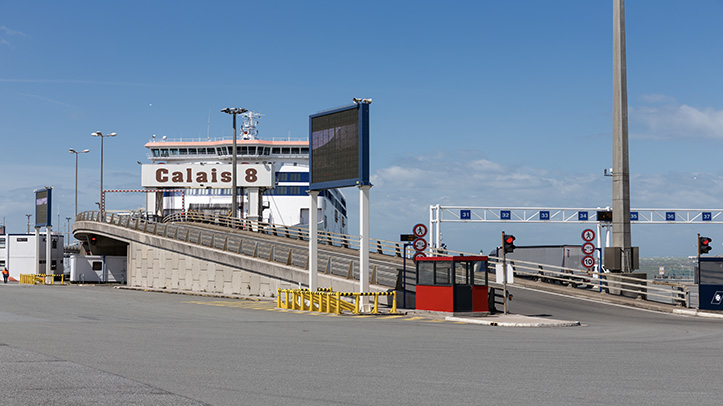Food security minister Daniel Zeichner will today discuss with major food businesses the government’s new sanitary and phytosanitary (SPS) agreement with the EU that will cut costs, slash red tape and support their profits.
Defra said that benefits of the SPS agreement include the scrapping of most routine border checks on food and agricultural products moving between the UK and EU, allowing faster trade across the UK and EU border, with less paperwork and at lower costs for businesses.
Trading food with the EU – the UK’s biggest export and import market – will be cheaper and easier, Defra said, adding up to £5.1 billion a year to the UK economy in the long run and benefitting businesses of all sizes, while easing pressure on consumer food prices.
Benefits of the new SPS agreement include:
- British goods such as red meat, dairy, fish and eggs and entering the EU are currently subject to 100% documentary checks and up to 30% physical checks. The SPS agreement will see these time-consuming processes removed entirely.
- The removal of Export Health Certificates (an official export document required to trade animals and animal products) alone will save businesses up to £200 per shipment of goods, meaning a single lorry carrying a mixed load of animal products could see thousands of Pounds in reduced costs.
- The EU currently bans imports of basic UK products such as fresh sausages and burgers, some shellfish, and seed potatoes. The SPS agreement will remove this ban and reopen the EU market for these goods.
The minister will today tour meat processor Dunbia’s Cardington plant outside Bedford with senior Dunbia executives, before visiting Co-op’s flagship distribution centre in Biggleswade with supply chain director Nick Cornwell, logistics director Ian Gibb, and head of public affairs Andrew Weston – meeting staff and discussing the forthcoming SPS agreement.
Minister Daniel Zeichner said: “Helping businesses to grow at home, trade abroad and stimulate jobs is central to our Plan for Change.
“This deal will make trading with the EU both easier and cheaper, adding over £5bn to the economy and spurring growth that the whole country will benefit from.”




